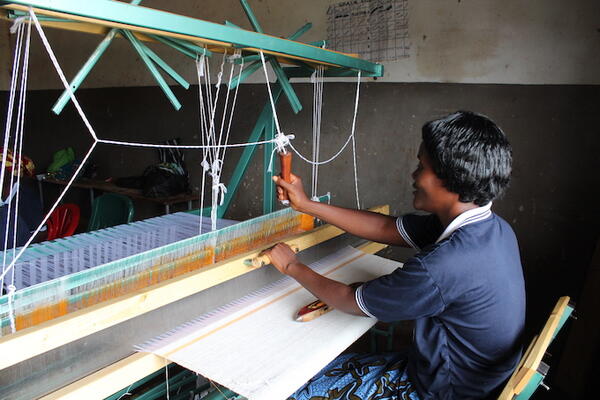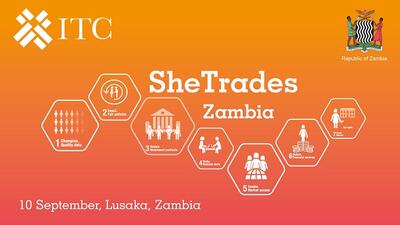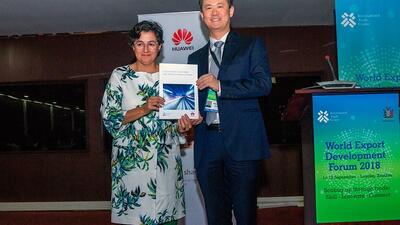
A generational take on Zambian women in business
Three categories of women entrepreneurs that help define the national market
Zambia has an abundance of what I fondly refer to as budding, blossoming and flourishing women entrepreneurs. These are three generations of women who are classified by the stages of life they are in.
The budding women are the millennials aged between 18-35 who are predominantly found in some form of creative trade, often driven by their own desire and innovative ideas. They are deliberately inclined towards a global market reach.
The blossoming women are found in the middle generation, aged between 36-50. Typically, they still have a foot in formal employment but are investing in their own initiative as a supporting income or an exit strategy to help them start their own ventures. This group is currently in the majority as booming entrepreneurs committed to ensuring their business success.
Flourishing women represent those above the age of 50 who have experienced all the sages that the blossoming women have already experience. This group is more focused on establishing legacies through the business ideas they put together. These are women who will establish a school, university or hospital. They will usually be found passing on knowledge through leadership and decision-making positions.
The millennials’ approach
Defining and observing the categories in which women operate has a bearing on how they succeed or face challenges in business. Let’s look at the millennials, who usually set up businesses with low overheads. This group consists of risk-takers and is heavily vested in its networks and social-media marketing as the backbone of determining businesses success or failure.
They tend to be more attuned to quick, to-the-point visual demonstrations of any type of advertising or marketing of their businesses. The almost immediate benefit of this approach is that their businesses go viral very quickly and they are in a better position to attract investments, sales and translated revenue.
The challenge this fast-paced generation faces, however, is that its members tend to be self-centred and results-by-technology focused. This means they struggle with a holistic well-being approach to business. They tend to be unattached to human aspect of the business that are people-focused.
A great business approach should always be socially and morally conscious when it comes to inclusion of people and their cultures. This is an attribute they can glean from the older generations, for whom evidence and research has shown that they tend to be loyal and prefer to stay in jobs and businesses for longer periods of time. Experience is not overrated.
The blossoming approach
The blossoming generation, also known as Generation X and Xennials – those born between Generation X and millennials – have what might be termed a philanthropic approach to business. They are driven by passion and a focused desire of establishing a business that speaks to social impact. This means its takes a while for them to translate their businesses into revenue-earning or profit-making stages.
The challenges they face are formalizing their businesses with a solid business plan, systems and structures while capitalizing on the opportunities before them. They tend to attend a lot of forums, workshops, training courses and yet struggle to close sales. Many women in this group are relational in nature and usually drive their business through partnerships and networks.
The flourishing approach
This group is like a mature rosebush that blossoms with different roses in different seasons. This generation is planted and rooted in its business approach and has an incubation mindset. They have established mentorship and coaching opportunities to anchor the upcoming generations.
This group is the solution. Its approach to business is all-inclusive, providing great sources of continuous learning; access to information and finance; and resources to women. This contributes greatly to economic growth. More and more government institutions are beginning to recognize the role that privately established businesses, especially those led by women, contribute to the development of the business and trade sector and have begun to partner with them for combined efforts in reaching more women.
In Zambia a good example of this is the Zambia Federation of Associations of Women in Business (ZFAWIB).
Global organizations such as the International Trade Centre (ITC), through its SheTrades initiative, are also starting to take root in wider Africa. They have availed their large resource base with information on opportunities for women in business through partnership with the Zambia Development Agency.
Breaking down barriers
The future certainly looks bright for women in business in Zambia and elsewhere in Africa. The breaking down of barriers and limitations of access to information and finance are fast disappearing and there is renewed hope and confidence for visible and impacting business led by focused and achieving budding, blossoming and flourishing African women worldwide.














